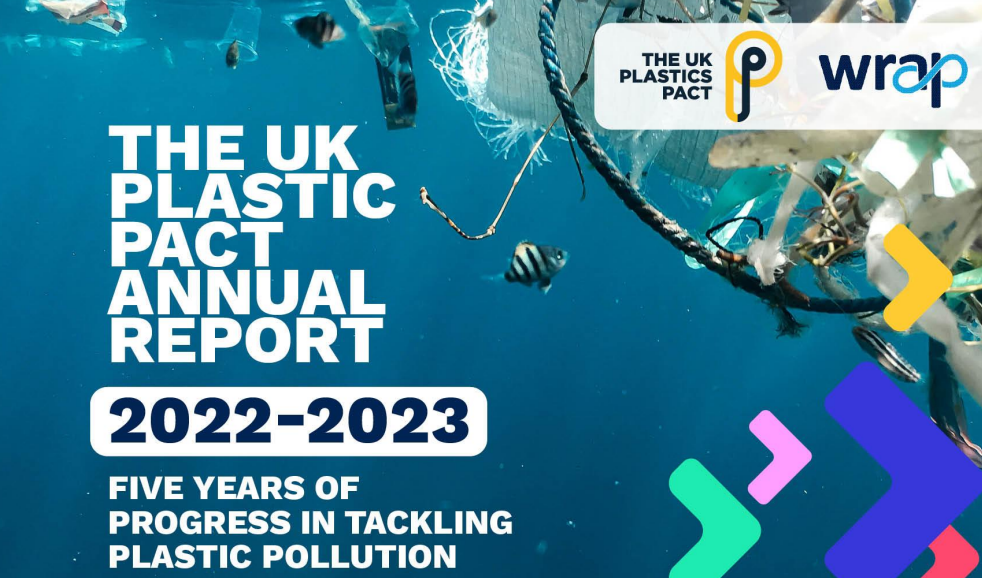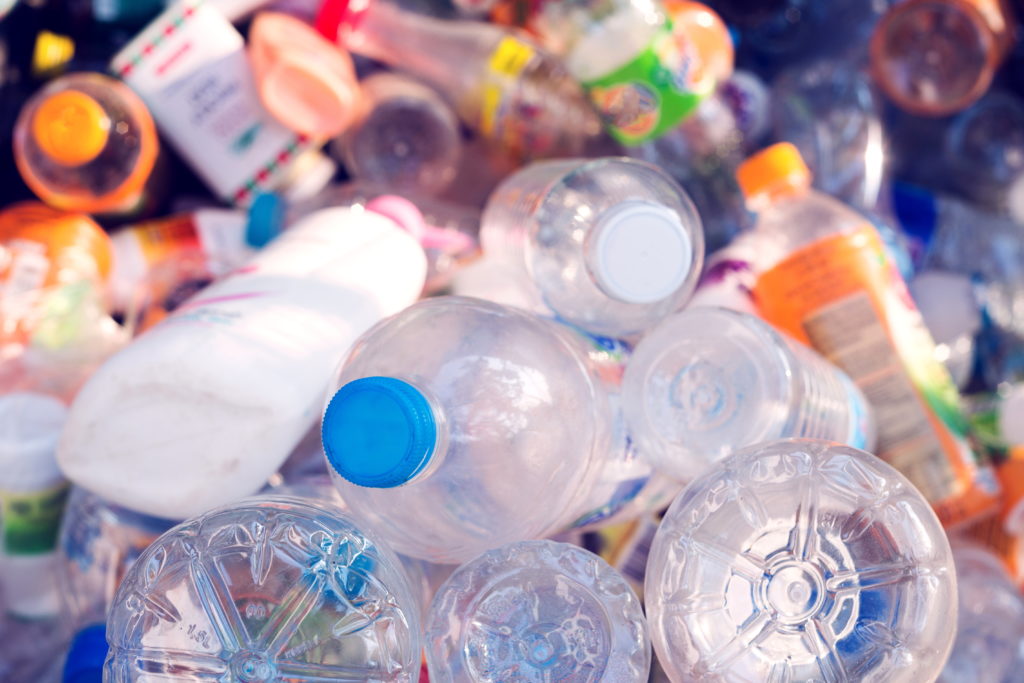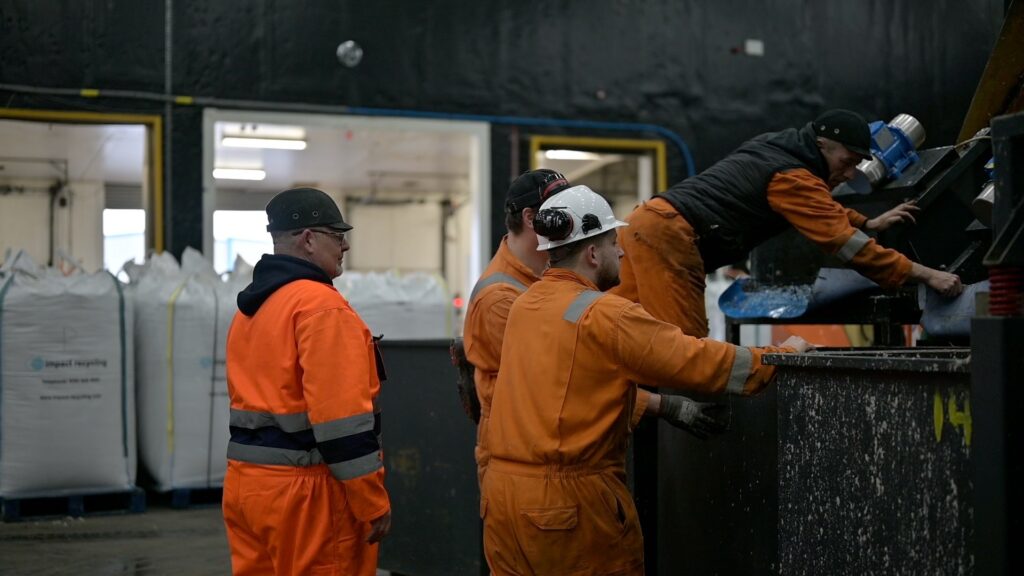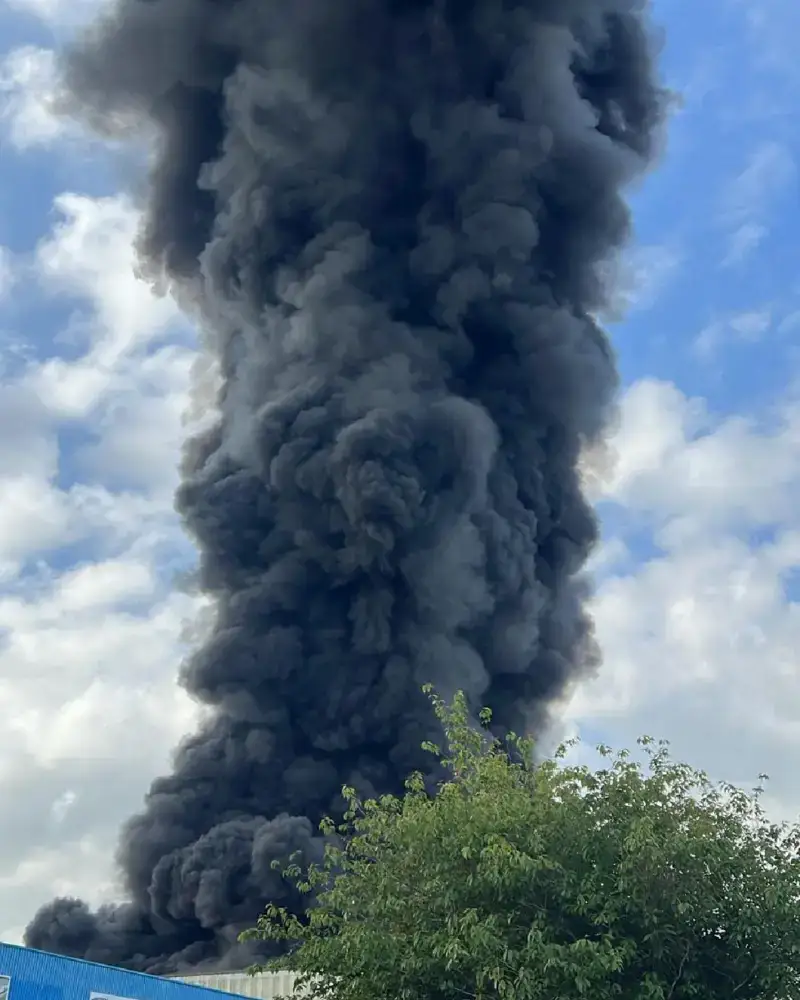The report published today confirms that despite some good progress, most of the four targets will be missed. The report comes after a mistakenly published report in August confirmed this (see letsrecycle.com story).
The Plastics Pact was launched by then Environment Secretary Michael Gove in April 2018 – and has more than 120 signatories including retailers, manufacturers and recycling companies. Its aim is to eliminate “problematic or unnecessary” single-use plastic packaging by 2025, and to ensure 100% of plastic packaging is recyclable.
This included four targets
Target 1: Eliminating 100% of problematic plastics
Progress: The sale and distribution of problematic, single-use items fell by 99.6% between 2018 and 2022.
Target 2: 100% of plastic packaging to be reusable, recyclable or compostable
Progress: 71% of all plastic packaging placed on the UK market by Pact members is now recyclable, an increase of 5% since 2018 – an additional 7,000 tonnes each year. 73% is recyclable or reusable.
Target 3: Boosting plastic recycling to 70%
Progress: In the UK it is estimated that 55% of plastic packaging is now recycled, with 54% of this material recycled in the UK rather than abroad. This is up “significantly from 37% in 2018 due to an increase in new capacity and investment in new facilities, coupled with reducing export markets”.
Target 4: Increasing recycled content to 30%
Progress: Recycled content has increased to 24.1%, up from 8.5%.
Regulation
WRAP explained that strong progress has been made by UK businesses in tackling plastic waste ahead of government policies, but said regulation is critical to hitting all the targets and this will not happen in time for the 2025 deadline.

“The lack of widespread collection, sorting and recycling of plastic bags and wrapping remains the key issue, which requires extended producer responsibility (EPR), mandatory collection and reform to the plastics packaging tax to enable output from non-mechanical recycling to ‘count’ as recyclate,” WRAP added.
Harriet Lamb, chief executive of WRAP, remarked: “We are proud to be at the forefront of driving global change on plastic pollution. Public-private partnerships like The UK Plastics Pact show just what’s achievable through collaboration. We believe passionately that these models deliver big changes – fast. It also shows the key role regulation must also play.
“The challenge ahead is huge, but so too are the opportunities to benefit from a circular economy for plastics and improve the situation for people affected by plastic waste around the world. The network of Plastics Pacts around the world are blueprints which can be replicated and scaled to tackle plastics pollution.”
Outlook
Looking forward, WRAP predicts that UK Plastics Pact members will have removed all of the items and the majority of polystyrene and PVC from the original elimination list by the end of 2025.
The Target 1 list will be reviewed again in 2024 to ensure that it continues to focus attention on tackling problematic and unnecessary single-use plastic.

For target 2, WRAP anticipates a growing emphasis on the role of reusable packaging in evolving national and global policies. It also plans to develop a reuse and refill packaging industry roadmap and category-level blueprint templates.
For the third target, the body outlined that plastic bags and wrapping continues to be a key focus area for the Pact, as it represents nearly 25% of all primary packaging reported by members, and this is the “key plastic that is impeding our ability to hit the Pact’s targets”.
WRAP is looking in detail at what will be needed to recycle film at scale once kerbside collections are rolled-out, and the implications for brands and manufacturers with regard to design, future infrastructure requirements and the evolution of policies.
With regards to Target 4, WRAP said mass-balance accounting in non-mechanical recycling, is “key to unlocking the supply” of food-grade recyclate and demand for recovered plastic bags and wrappers.
WRAP will work with the industry to identify the key opportunities and levers to ensure a sustained increased in recycled content, particularly in light of prices for virgin plastic being lower than the recycled equivalent.









Subscribe for free